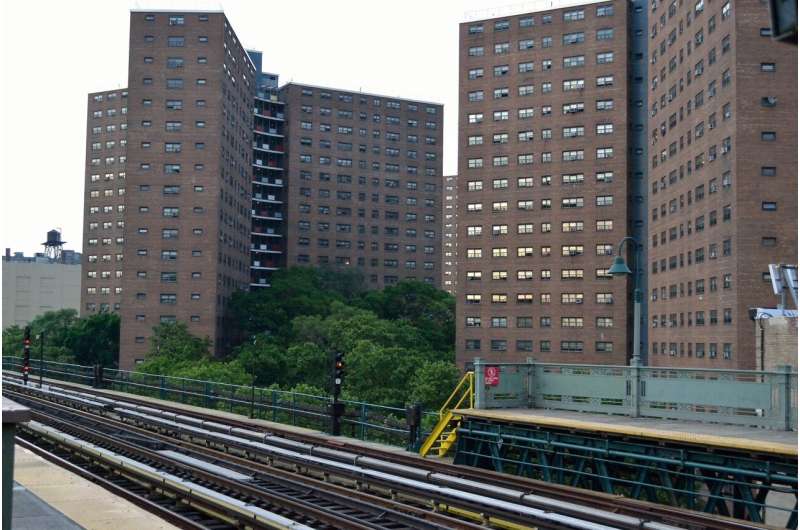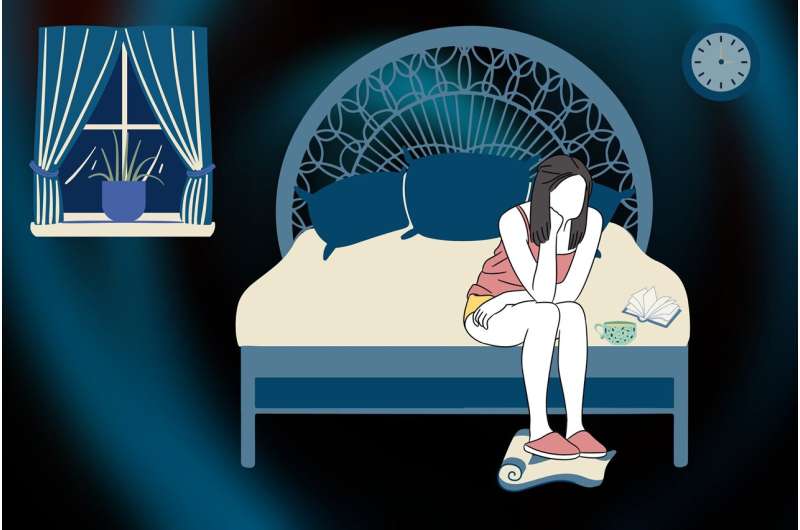Impact of Socioeconomic Deprivation on Severity and Treatment Outcomes of PTSD

A recent study reveals that socioeconomic deprivation significantly increases PTSD severity and reduces treatment effectiveness among affected populations. Longer and more intensive therapies may improve outcomes in underserved communities.
Research from King's College London and the University of Southampton has highlighted significant links between socioeconomic deprivation and post-traumatic stress disorder (PTSD). The study shows that individuals living in the most deprived neighborhoods in the UK experience PTSD at three times the rate of those in more affluent areas. Moreover, these residents tend to present with more severe symptoms at the start of treatment and often show less improvement after therapy.
The analysis incorporated electronic health records from regions including London, Yorkshire & Humber, Cambridgeshire, Cheshire, and Lancashire. Patients referred to the NHS Talking Therapies program received up to 20 sessions of trauma-focused cognitive behavioral therapy or eye-movement desensitization and reprocessing, delivered by certified psychotherapists.
Results demonstrated that deprivation not only correlates with higher PTSD incidence but also impacts treatment efficacy. Patients from socioeconomically disadvantaged areas often face challenges such as ongoing exposure to traumatic events, financial hardship, and unstable living conditions, all of which can exacerbate their mental health issues.
Professor Jaime Delgadillo emphasized that poverty-related stress and daily uncertainty significantly increase the risk of trauma and complicate recovery. The study found that longer treatment courses tend to yield better outcomes for patients from poorer backgrounds, suggesting that more intensive therapy could mitigate some disadvantages linked to socioeconomic status.
Dr. Thomas Richardson noted the need for further research to understand why treatment results are less favorable for individuals in deprived areas. He highlighted that these populations are at higher risk of traumatic exposure and severe symptoms but often have less effective recovery experiences. Improving treatment access and duration could be key to addressing these inequalities.
In summary, socioeconomic factors play a crucial role in both the prevalence and treatment response of PTSD. Addressing these disparities requires targeted interventions that consider the broader social determinants affecting mental health in deprived communities.
Stay Updated with Mia's Feed
Get the latest health & wellness insights delivered straight to your inbox.
Related Articles
Understanding 'Cognitive Shuffling': A Science-Backed Technique for Better Sleep
Discover how cognitive shuffling—a technique involving unrelated words and images—may help improve sleep by distracting your mind and mimicking natural sleep transition patterns, supported by scientific research.
The Impact of Puppy Ownership on Family Mental Health: Benefits and Challenges
A UK-based study explores the mental health benefits and challenges of puppy ownership, highlighting the emotional impact on families and the importance of responsible caregiving.
How Stress Impairs Emotional Regulation in Individuals with Mental Health Conditions
New research reveals that acute stress can hinder brain functions responsible for emotional regulation, especially in individuals with depression, anxiety, or borderline personality disorder. Understanding these effects is key to improving mental health treatments.



